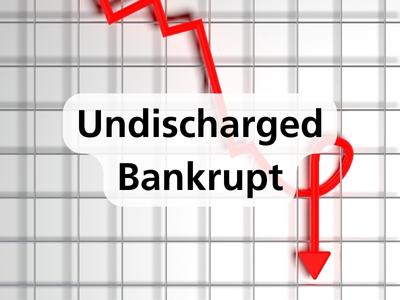Understanding Undischarged Bankrupt

Legal Implications and Restrictions
Undischarged bankrupts in Malaysia are subject to several legal restrictions. They cannot serve as directors of companies, leave the country without permission from the Director-General of Insolvency, or obtain credit exceeding a specified limit without disclosing their bankruptcy status. These measures are in place to protect the interests of creditors and to encourage the settlement of outstanding debts.
Path to Discharge
The process for discharge from bankruptcy in Malaysia can occur through several means, including full settlement of debts, a successful application for discharge to the court, or automatically after a certain period, typically five years under the Insolvency Act 1967. An undischarged bankrupt’s conduct and efforts to repay debts are crucial factors considered during discharge.
Bankruptcy is a serious legal proceeding in Malaysia, intended to provide a mechanism for dealing with insolvency while protecting both the debtor and creditor’s rights. Understanding the implications of being an undischarged bankrupt is essential for individuals navigating financial difficulties and for creditors and legal professionals working within the insolvency framework.

